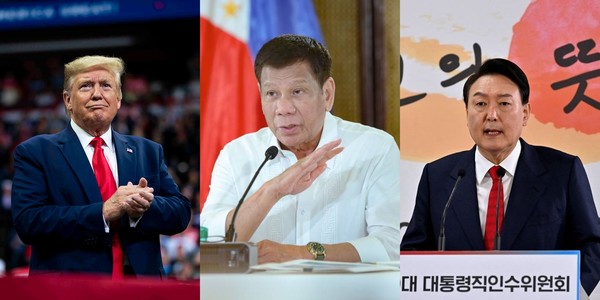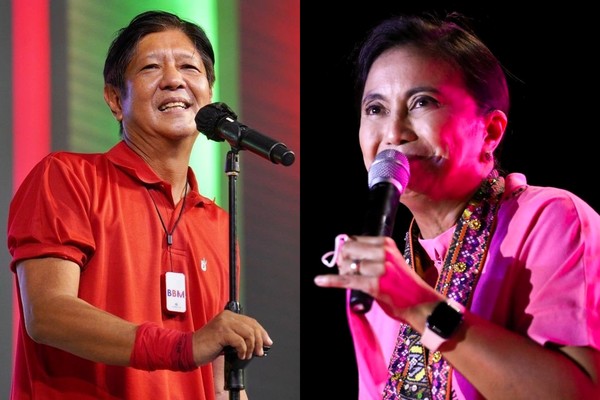On May 10, Yoon Suk-yeol is set to take office as the next president of South Korea after winning the closest and most divisive election in the country’s history. Just a day before the inauguration day, my own country — the Philippines — will hold its own presidential election after 90 grueling days of campaigning so far filled with surprises and controversies. Although I have been politically aware and active since my teenage years, it will be my first time to vote. And while I have been looking forward to exercising this right for a long time, now that it’s almost time for me to do so, I’ve come to realize one thing: it isn’t as big of a deal as I thought it would be.

Suffrage is considered the primary right from which all other rights emanate. Without the right to vote, how can you make your voice heard and fight for your right to a good education, affordable healthcare, or a decent wage? Elections are the engine of democracy — an official process by which the state listens to the will of the people and abides by it. When citizens are unsatisfied or disillusioned with their government, they can vote to replace it, as South Koreans did this year or when Americans voted for Joe Biden over Donald Trump. On the flip side, if the people believe that their government is doing a great job, they can vote for its continuation, like New Zealand did when it granted Prime Minister Jacinda Ardern and her party a second term in 2020 after an excellent early pandemic response. Without free and fair elections, the ruling parties simply stay in power without accountability, with powerless and voiceless citizens at their mercy.
But if elections were as good as they were all cracked up to be, why don’t democracies always get the best results? For instance, how does the US — once the beacon of democracy and the free world — end up electing someone like Trump in 2016? That same year, my country also elected a Trump-esque figure in Rodrigo Duterte, whose administration has now resulted in thousands of deaths in a bloody drug war and even more in an inept and corruption-filled pandemic response. And, if opinion polls are to be believed, the country is on track to choose six more years of continuity, in the person of Ferdinand Marcos, Jr., the son and namesake of the late dictator who plunged the country into autocracy and recession in the ‘70s and ‘80s. If elections were so great, how do we occasionally end up with bad leaders who fail us miserably, over and over again?

The reason, perhaps, is because weeks-long campaigns and elections are not a very good way of deciding the future — or, at least, the next few years — of a whole country. The best campaigners are always the ones who have a certain charisma, who can convince voters that they can relate to them, that they can solve all their problems with the snap of a finger, as Trump did when he promised to “build the wall” (he never did), or Duterte when he vowed to end drugs in three to six months (didn’t happen). Populism is the name of the game, and it’s so tempting for people precisely because they have been convinced that their vote is the key. With just one ballot, they can change their lives and the whole nation.
Yet democracy is rarely so easy. It is fragile and always in danger of devolving into autocracy, especially when people stop paying attention after casting their votes. Our freedoms aren’t taken away through elections but in between them, and we regain our rights during that same “in between”. Workers’ rights are won through unions and strikes, not elections. Dictatorships are toppled through revolution and demonstrations, not elections. Suffrage itself was fought for by women and minorities all over the world through activism before being ratified through voting.
And so, we must be wary whenever we hear the words, “Your vote is sacred,” or “Your vote matters.” Of course, it is, and it does. But your vote is not everything, and your responsibility does not begin and end when you cast your ballot. Democracy is not merely about elections; it is about participation. True, some people are easily enticed by sweet-talking populists precisely because they cannot muster enough will to participate beyond voting — not when they still have mouths to feed, jobs to find, and debts to pay. All the more reason why those who can fight for them during the “in between” should do so. If you truly believe in a candidate’s capacity to lead, don’t just vote for them — campaign for them. If you want to fight for a cause or against a policy, don’t wait for a vote — raise awareness, join an organization, start a movement. Democracy allows us to vote, but it is our continuous actions, not our singular votes, that keep democracy alive.

